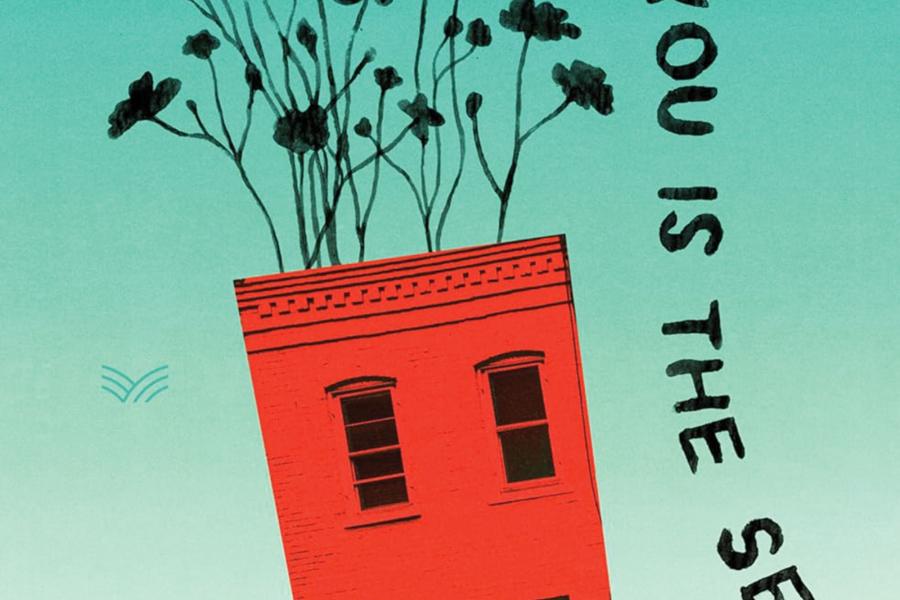Susan Muaddi Darraj's Behind You Is the Sea (HarperCollins, 2024) offers a needed glimpse behind the glaring news reports of death and destruction in the Middle East—and into the everyday experiences of Palestinian Americans living in Baltimore.
A debut novel for Darraj, an award-winning author who teaches creative writing at Johns Hopkins, the book is a series of vignettes told by fictionalized—yet seemingly real— Palestinian Americans. The story starts with Reema, a successful high school student who finds herself unexpectedly pregnant. At school, the Arab girls who gossip about her condition "are worse than white girls in some ways," Reema says. At home, Reema faces her father's terminal cancer battle, as he reckons with a life he never wanted for his family, in a place that feels worlds away from his home.
Then comes Marcus, a Baltimore police officer who plays the role of mediator in his family of origin, torn apart by generational differences and ideologies, including racism. His father no longer speaks to Marcus' sister Amal—largely because of her Black boyfriend.
The cast of characters continues. An aging father downs alcohol to get through a wedding; a mother cleans houses to make ends meet; a teen girl wilts away from an eating disorder; and a divorced attorney doles out money to relatives. All confronting unique challenges, the characters overlap in one another's vignettes, creating an interwoven tale that transcends stereotypes to capture the nuances and humanism.
Accentuating their diversity are the socioeconomic circumstances in which characters exist. Some live paycheck to paycheck and others reap the rewards of the sought-after American Dream. "The streets in Guilford slide and curve like secrets, hiding homes from the public view the way these people hide their money," thinks Maysoon, driving her friend's beat-up Buick to clean the luxurious home of an Arabic woman, Dalia, in northern Baltimore.
And so the story goes, with Darraj imparting one keen observation after another of the idiosyncrasies that make up class and cultural differences, as characters mourn their native land, build new possibilities, and even find hope and love in unexpected places.
Posted in Arts+Culture








